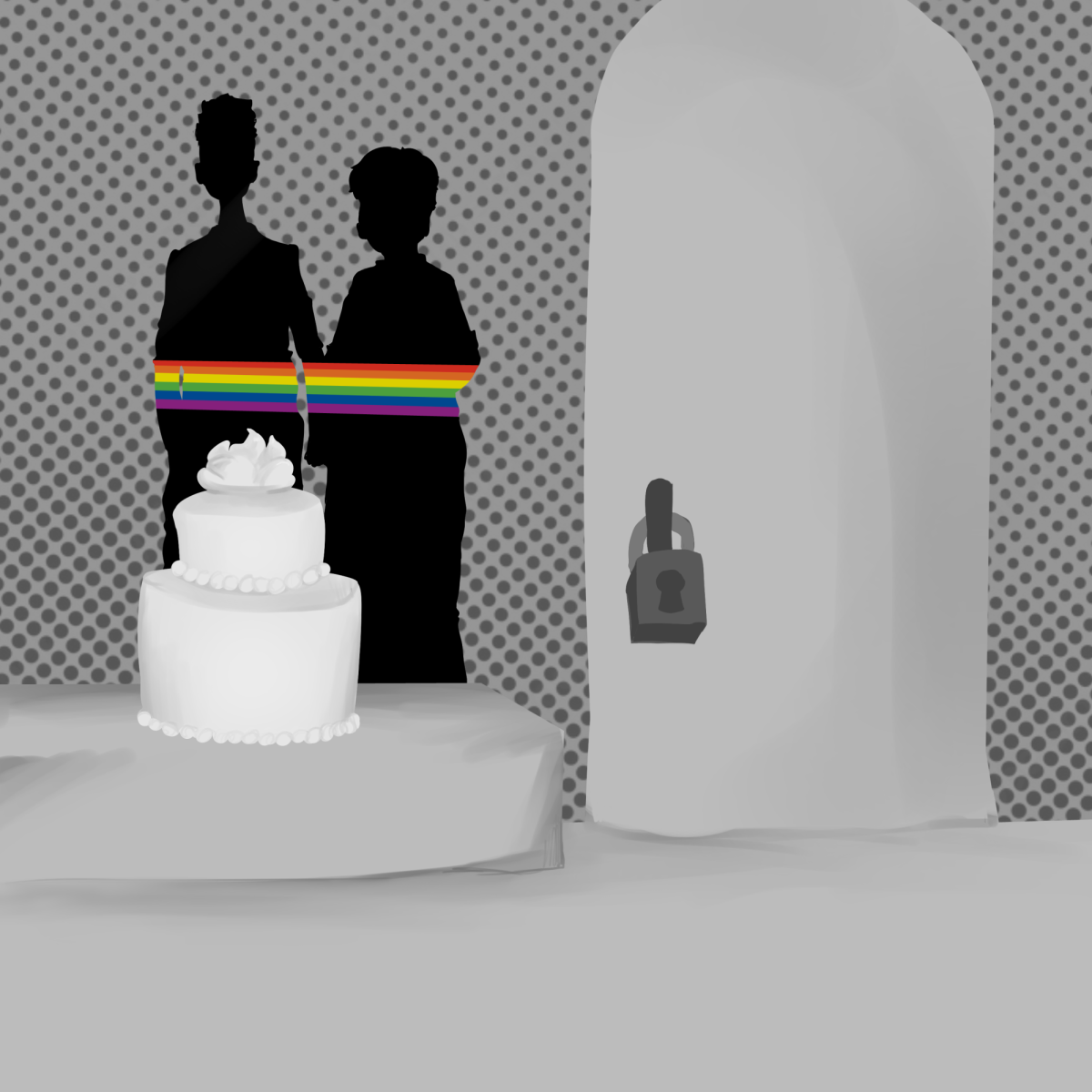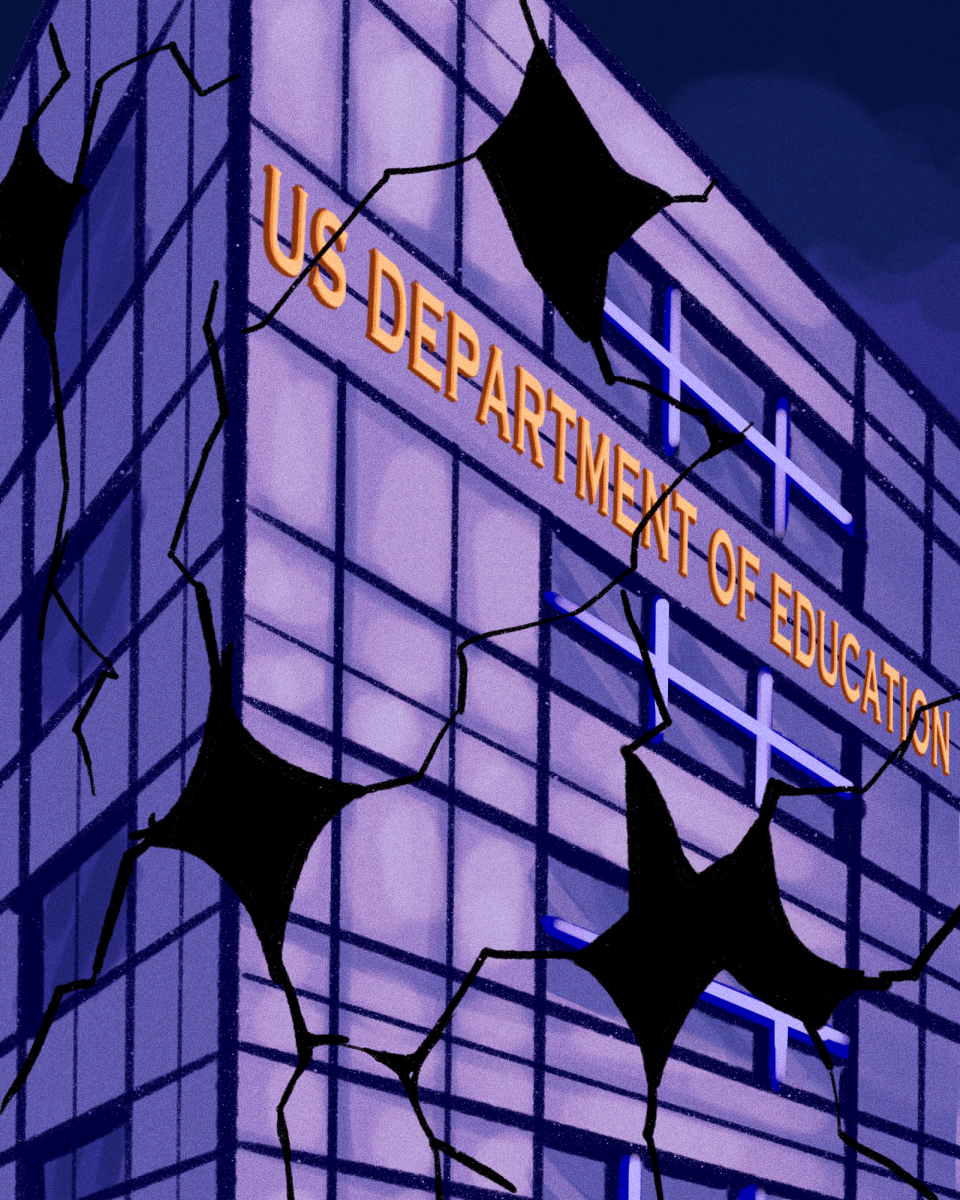The United States Supreme Court ruled on June 30 that a Colorado web designer could refuse service to same-sex couples based on personal religious objections. University experts say the decision may only be the beginning of legislation impacting marginalized communities.
The 6-3 ruling was supported by Chief Justice John Roberts and Associate Justices Samuel Alito, Amy Coney Barrett, Brett Kavanaugh, Neil Gorsuch and Clarence Thomas. Associate Justices Sonia Sotomayor, Elena Kagan and Ketanji Brown Jackson dissented. Public relations professor E. Ciszek said government legislation on this topic has become increasingly common.
“I think we’re in a particular moment in legislative history where there are an unprecedented amount of anti-LGBTQ, anti-immigrant and xenophobic bills that had been put forth in the legislative session all over the country, and bills that have passed,” Ciszek said. “I think there’s a particular momentum on a political level.”
The court found the First Amendment exempts a website design company from Colorado’s state law, which prohibits businesses from denying service to same-sex couples. Lisa Moore, professor of English and women’s and gender studies, said the ruling narrowly interpreted the First Amendment’s religious freedom clause.
“There are many religions, including many versions of Christianity, that would say you have to offer public services to everyone,” Moore said. “But they’re not really talking about religious freedom. They’re talking about a certain ethnic Christianity that is really just white supremacy by another name.”
The case’s legitimacy has been questioned since the ruling was issued. Although the Christian web designer pointed to a request from a man named Stewart and his fiance during the trial, Stewart, who declined to reveal his last name to news outlets out of fear of harassment, told the Associated Press last week that he was unaware his name had been invoked in the case until a reporter contacted him. Stewart said he has been married to a woman for 15 years.
“That decision was shocking in many ways, but it was especially gratuitous as an assertion of the desire to push LGBTQ-plus people out of the public square because it was all based on a lie or two lies, as we’re now finding out,” Moore said. “The plaintiff not only had not started a business as a web designer but had not received the request that she mentioned in the complaint to create a wedding website for this supposed gay couple.”
Moore said she feels optimistic about the nationwide political activism following recent Supreme Court rulings and government legislation. However, she sees this as far from the end of rollbacks on diversity, equity and inclusion-related topics.
“There are a lot of different areas from the legislature, to the Supreme Court, to just the culture wars, where this fight needs to be taken,” Moore said. “There are people who have been working on these issues all along and not just when they pop back up into the news, and they deserve our support, and we can all pitch in so that our efforts are collective.”












